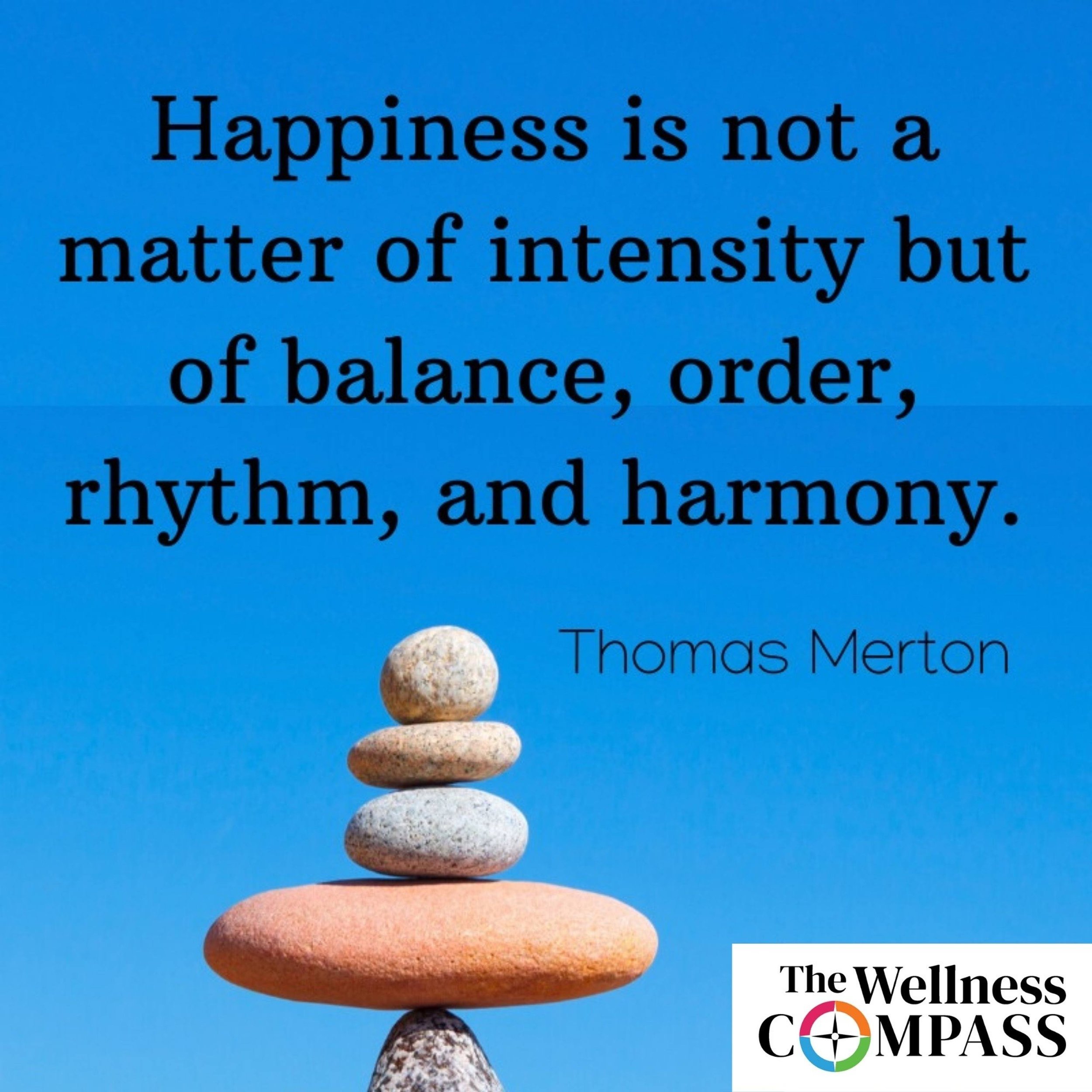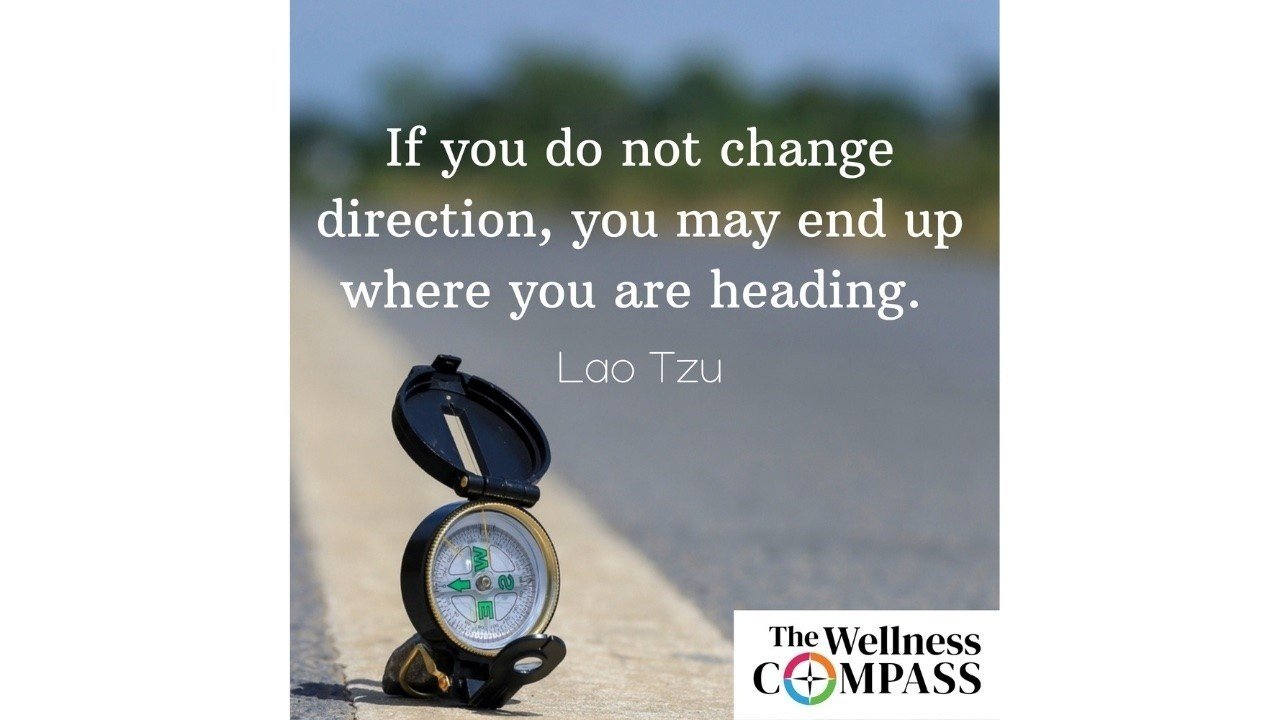Listening for a Change (Part 1 of Our 6-Part Series on Growth & Change)
Whether or not we make New Year's resolutions, many of us do take stock of our lives this time of year, pausing to reflect on whether there are any changes we want to make. Apart from it being the start of a new year, the pandemic has disrupted all of our lives, sometimes forcing change upon us and other times clarifying for us a change we want or need to make.
One concept that we have found to be helpful when it comes to change, both for ourselves and the clients we work with, is the idea of "listening to the whispers." It is based on the idea that all meaningful change begins with listening and that a desire or need for change often first makes itself known to us as a whisper, a quiet feeling that something is just not as we wish it to be. The whisper could be something like:
"I am feeling the need to strengthen/repair my relationship with _______. I'm not sure how to do that, and frankly, I'm afraid to take the first step, but I know it's time.”
"I used to do more ________, and I am missing that. I'm going to find a way to get back to it in the next few months.”
"I think the amount of stress in my life is starting to take a toll on me, and I want to do something about it.”
"I seem to be drinking more than before, and it's impacting my relationships with others. I want to turn that around before it gets worse."
"I'm not sure I want to stay in this job much longer. I am going to begin taking steps to find a new one.”
"I know I'm being called to get more involved in issues facing my community. I'm going to talk to people I know who are doing the kind of things I want to be doing.”
"There are issues in our family that can no longer be ignored. I know we could be a stronger family if we were to start having more honest conversations.”
"I hear my friends talk about how important meditation is to them and what a positive effect it has on them. I'm going to look into that.”
That inner voice, that whisper that something needs to change, is easy to ignore. After all, it's only a whisper. When a whisper is ignored, though, it seldom goes away. The usual progression is that the whisper gets louder, and then gradually our inner voice begins to shout at us. What happens then if even the shout does not get our attention? Something will eventually happen, some negative consequence, sometimes even a crisis, something so obvious that we can no longer ignore what is going on.
When it comes to our personal and relational wellness, it is essential that we learn to listen to the hints in our lives that tell us when something is out of balance. Healthy individuals, couples, families, leaders, and organizations do this on a regular and proactive basis. They regularly take an honest look in the mirror. And because they know that even then, they can still fool themselves, they regularly seek out honest feedback from others they trust. They build open feedback loops into their lives so that they can adapt and respond to any warning signs that emerge. But it all starts with being willing to let our lives speak to us, and being willing to listen to the messages that announce that something needs to be different.
Our lives are always speaking to us. The question is, "Are we listening?"
Here are a few "Making It Personal" questions meant to help promote listening more closely to what our lives are saying to us now.
Making It Personal
What are your thoughts about the idea that all meaningful change begins with listening?
Can you think of a time in your life when you listened to a whisper in your life, and it resulted in making a positive change?
Listening to your life right now, what is one positive change you want to make as we start the new year?
Happy New Year from the Wellness Compass Initiative.












